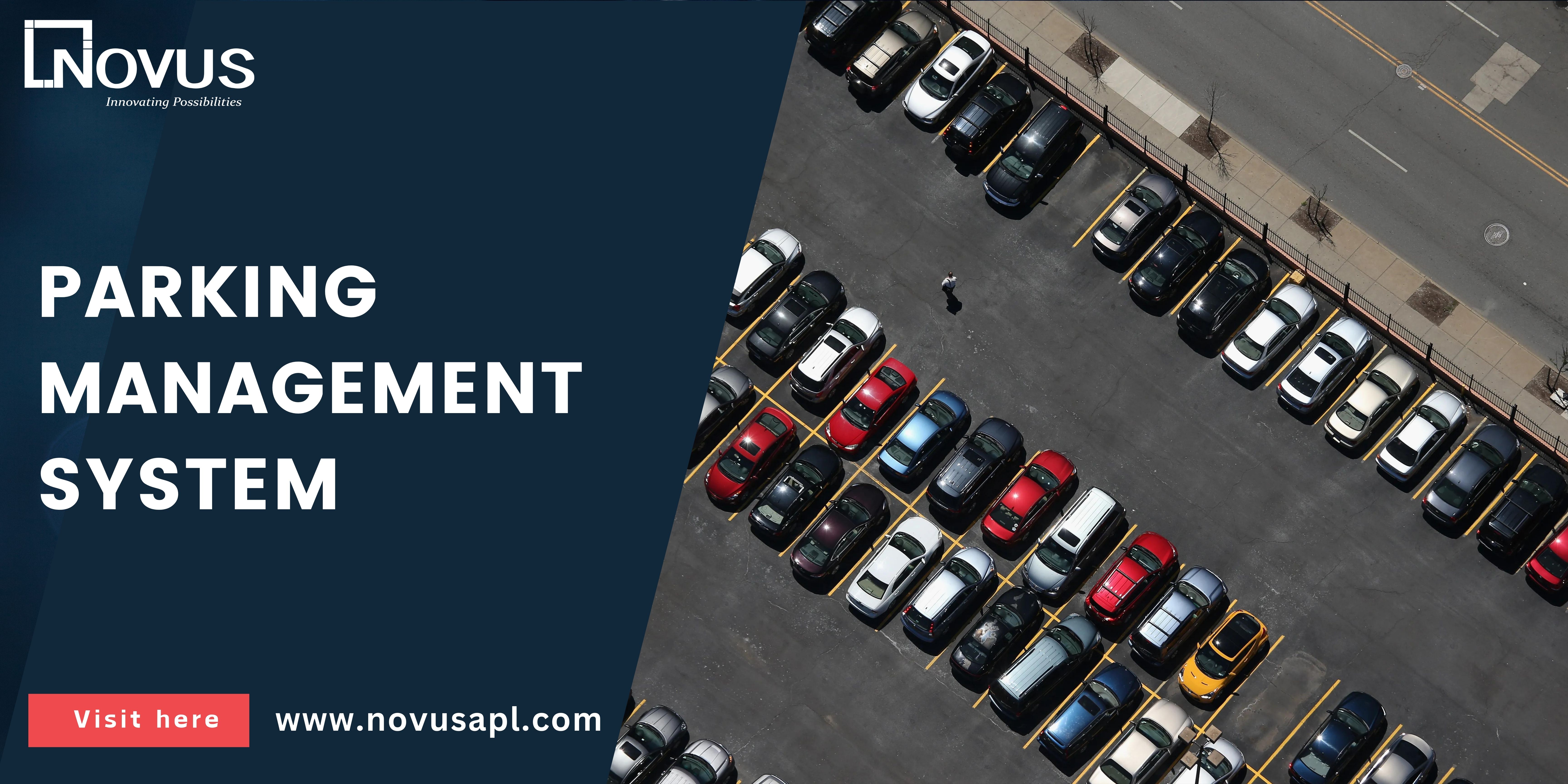
In the bustling arteries of urban landscapes, where every square meter counts, efficient parking management solutions are not just a convenience but a necessity. As cities grow denser and mobility demands surge, the traditional approach to parking is being redefined. In this blog post, we delve into the transformative potential of innovative parking management solutions, exploring how they optimize space, enhance user experience, and contribute to sustainable urban development.
A Parking Management System (PMS) is a comprehensive solution designed to efficiently manage parking facilities, optimize space utilization, and enhance the overall parking experience for both operators and users. Here are some key components and features typically found in a Parking Management System.
Through the use of sensors, cameras, and data analytics, these systems provide real-time information about available parking spaces. Drivers can access this information through mobile apps or electronic signage, guiding them directly to vacant spots. By reducing the time spent searching for parking, traffic congestion is alleviated, leading to smoother flow and reduced carbon emissions.
In densely populated cities where space is a premium commodity, efficient space utilization is essential. Traditional parking lots often suffer from underutilization, with vacant spaces scattered amidst a sea of vehicles. Parking management systems employ advanced algorithms to maximize space utilization, ensuring that every square foot counts.
In the age of big data, information is power. Parking management systems generate a wealth of data, offering valuable insights into traffic patterns, peak hours, and user behavior.
City planners and transportation authorities can leverage this data to make informed decisions regarding infrastructure development, urban planning, and policy formulation. By identifying pain points and addressing them proactively, cities can enhance overall mobility, driving economic growth and social development.
In the quest to build smarter, more sustainable cities, effective parking management solutions play a pivotal role in reshaping urban mobility. By harnessing the power of technology and data, cities can optimize space utilization, reduce congestion, and enhance the overall quality of life for residents and visitors alike. As we navigate the complexities of urbanization, the future of parking management lies in innovation, efficiency, and a shared commitment to creating cities that work for everyone.
A parking management system is a set of integrated tools, technologies, and processes designed to efficiently manage parking spaces in various environments,
Typical components include parking meters, payment kiosks, ticket dispensers, license plate recognition systems, parking guidance systems.
Benefits include increased revenue through better space utilization, reduced traffic congestion and emissions, improved user experience with streamlined payment options.
Parking management systems employ various technologies such as sensors, cameras, and software algorithms to monitor parking space availability, facilitate payments, enforce regulations.
To implement a parking management system, it's advisable to consult with a reputable provider who can assess your specific needs, customize a solution.
Accelerate Your Business with Novus Automation
Become a Partner